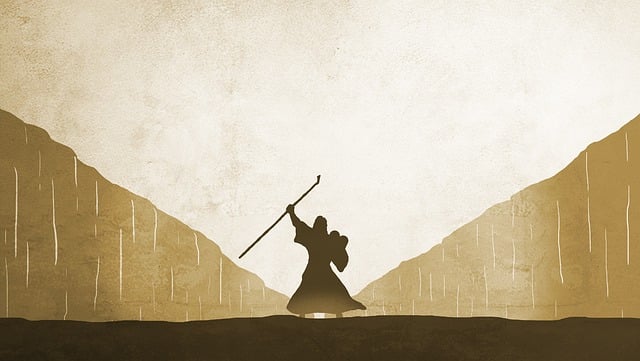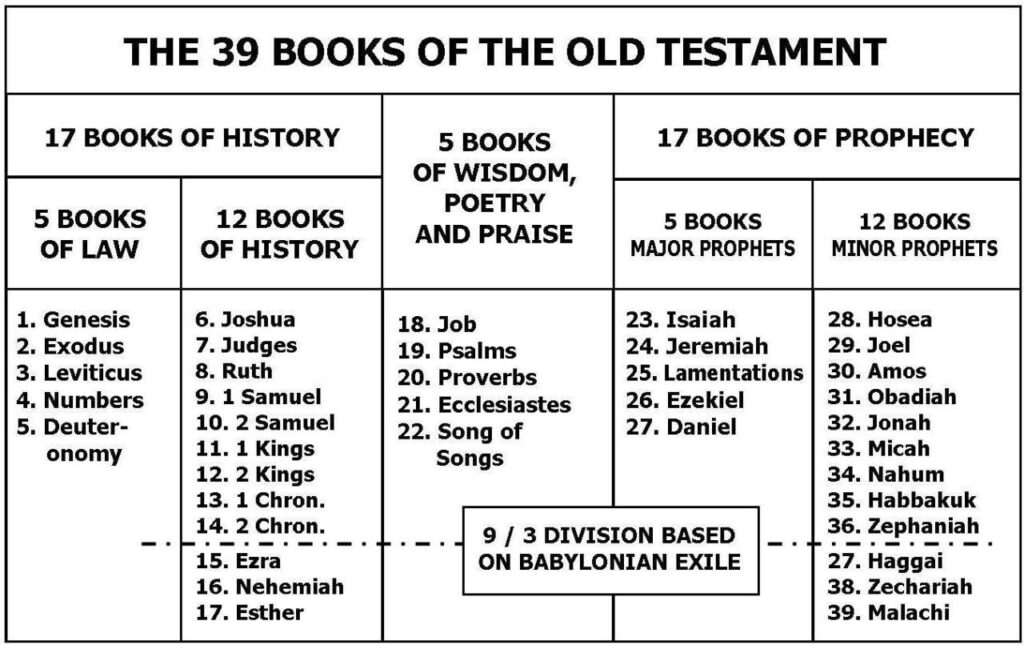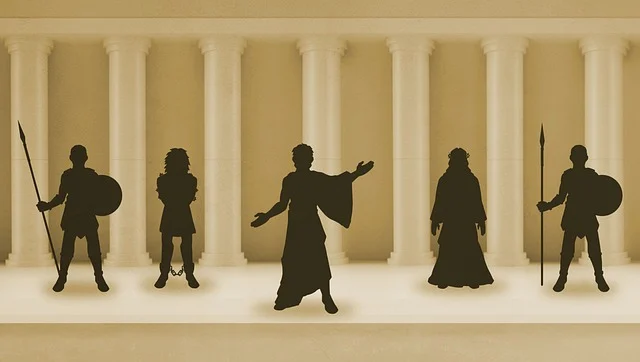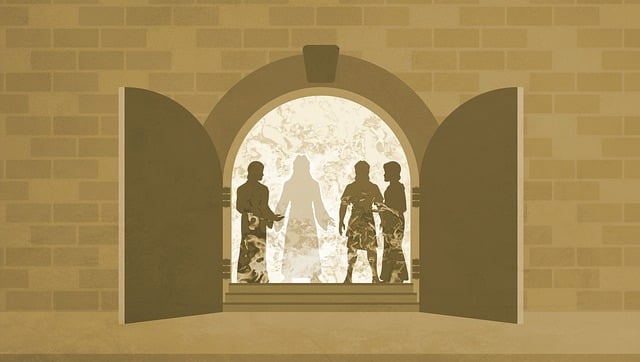
The Old Testament is a collection of ancient religious texts that form the first part of the Christian Bible, as well as the Hebrew Bible, known as the Tanakh. It contains a rich tapestry of history, theology, poetry, prophecy, and wisdom literature that spans thousands of years of Jewish history and thought. Here’s an overview of the Old Testament:
Pentateuch (Torah):
- Genesis: The book of origins, which narrates the creation of the world, the stories of the patriarchs (Abraham, Isaac, Jacob), and the formation of the nation of Israel.
- Exodus: Chronicles the Israelites’ liberation from slavery in Egypt under the leadership of Moses, the receiving of the Ten Commandments at Mount Sinai, and the establishment of the covenant between God and Israel.
- Leviticus: Focuses on laws and regulations for worship, sacrifices, and holiness, as well as instructions for the priesthood and purity.
- Numbers: Records the Israelites’ wanderings in the wilderness, including their census, journeys, and encounters with God.
- Deuteronomy: Contains Moses’ farewell speeches to the Israelites, renewing the covenant and preparing them for entry into the Promised Land.
Historical Books:
- Joshua: Documents the Israelites’ conquest of the Promised Land under Joshua’s leadership and the division of the land among the tribes.
- Judges: Describes the period of tribal leaders and judges who delivered Israel from oppression and apostasy.
- Ruth: Tells the story of Ruth, a Moabite woman, and her loyalty to her Israelite mother-in-law, Naomi, as well as her marriage to Boaz, leading to the lineage of King David.
- Samuel (ONE & TWO): Chronicles the history of Israel’s transition from a confederation of tribes to a monarchy, focusing on the lives of Samuel, Saul, and David.
- Kings (ONE & TWO): Documents the history of the Israelite monarchy, including the reigns of Solomon and subsequent kings, the division of the kingdom, and the fall of Israel and Judah.
- Chronicles (ONE & TWO): Serve as a theological interpretation of Israel’s history, emphasizing the importance of fidelity to God’s covenant, the centrality of temple worship, and the role of the Davidic dynasty in God’s redemptive plan.
- Ezra: About the return of the Jewish exiles from Babylon to Jerusalem and the subsequent efforts to rebuild the temple.
- Nehemiah: Continues the narration from Ezra of the Jewish people’s return from exile in Babylon to rebuild Jerusalem and restore its walls.
- Esther: a story of courage, faith, and divine providence that leads to perseverance and a prosperous time based on the importance of obedience.

Poetic Books:
- Psalms: A collection of religious songs and poems expressing praise, lament, thanksgiving, and devotion to God.
- Proverbs: Contains wisdom sayings and instructions for living a righteous and prudent life.
- Job: Explores the question of suffering and the mystery of divine providence through the story of Job, a righteous man who experiences loss and affliction.
- Ecclesiastes: Reflects on the meaninglessness of life apart from God and the pursuit of wisdom, pleasure, and wealth.
- Song of Solomon (Song of Songs): Celebrates human love and intimacy within the context of marriage, using poetic imagery and allegory.
Prophetic Books:
- Major Prophets: Isaiah, Jeremiah (Lamentations), Ezekiel, Daniel: Contains prophecies, visions, and messages of judgment, restoration, and hope for Israel and the nations.
- Minor Prophets: Hosea, Joel, Amos, Obadiah, Jonah, Micah, Nahum, Habakkuk, Zephaniah, Haggai, Zechariah, Malachi: Address various themes including social justice, idolatry, repentance, and the coming day of the Lord.
Themes:
- Covenant: The Old Testament highlights the covenantal relationship between God and His chosen people, Israel, which involves promises, obligations, and consequences.
- Redemption: The Old Testament recounts God’s acts of deliverance, liberation, and salvation on behalf of His people, demonstrating His faithfulness and mercy.
- Prophecy: The Old Testament contains numerous prophecies concerning the coming Messiah, the restoration of Israel, and the establishment of God’s kingdom.
- Worship and Sacrifice: The Old Testament prescribes rituals, sacrifices, and feasts as means of worship and atonement, anticipating the ultimate sacrifice of Jesus Christ.
- Wisdom: The Old Testament offers practical wisdom and guidance for living a life of righteousness, integrity, and obedience to God’s commandments.
Overall, the Old Testament serves as a foundational text for understanding Jewish history, theology, and spirituality, as well as providing important insights into the Christian faith and worldview. It contains a diverse array of literary genres and voices that continue to inspire and challenge readers today.

The Old Testament (PDF Downloads)
Pentateuch, The Torah/The First 5 books in the Bible, “Books of Moses”
- Genesis (50 Chapters)
- Exodus (40 Chapters)
- Leviticus (27 Chapters)
- Numbers (36 Chapters)
- Deuteronomy (34 Chapters)
12 Historical Books
- Joshua (24 Chapters)
- Judges (21 Chapters)
- Ruth (4 chapters)
- 1 Samuel (31 Chapters)
- 2 Samuel (24 Chapters)
- 1 Kings (22 Chapters)
- 2 Kings (25 Chapters)
- 1 Chronicles (29 Chapters)
- 2 Chronicles (36 Chapters)
- Ezra (10 Chapters)
- Nehemiah (13 Chapters)
- Esther (10 Chapters)

Wisdom and Poetic Books
- Job (42 Chapters)
- Psalms (150 Chapters)
- Proverbs (31 Chapters)
- Ecclesiastes (12 Chapters)
- Song of Solomon (8 Chapters)
Major Prophets
- Isaiah (66 Chapters)
- Jeremiah (52 Chapters)
- Lamentations (5 Chapters)
- Ezekiel (48 Chapters)
- Daniel (12 Chapters)

12 Minor Prophets
